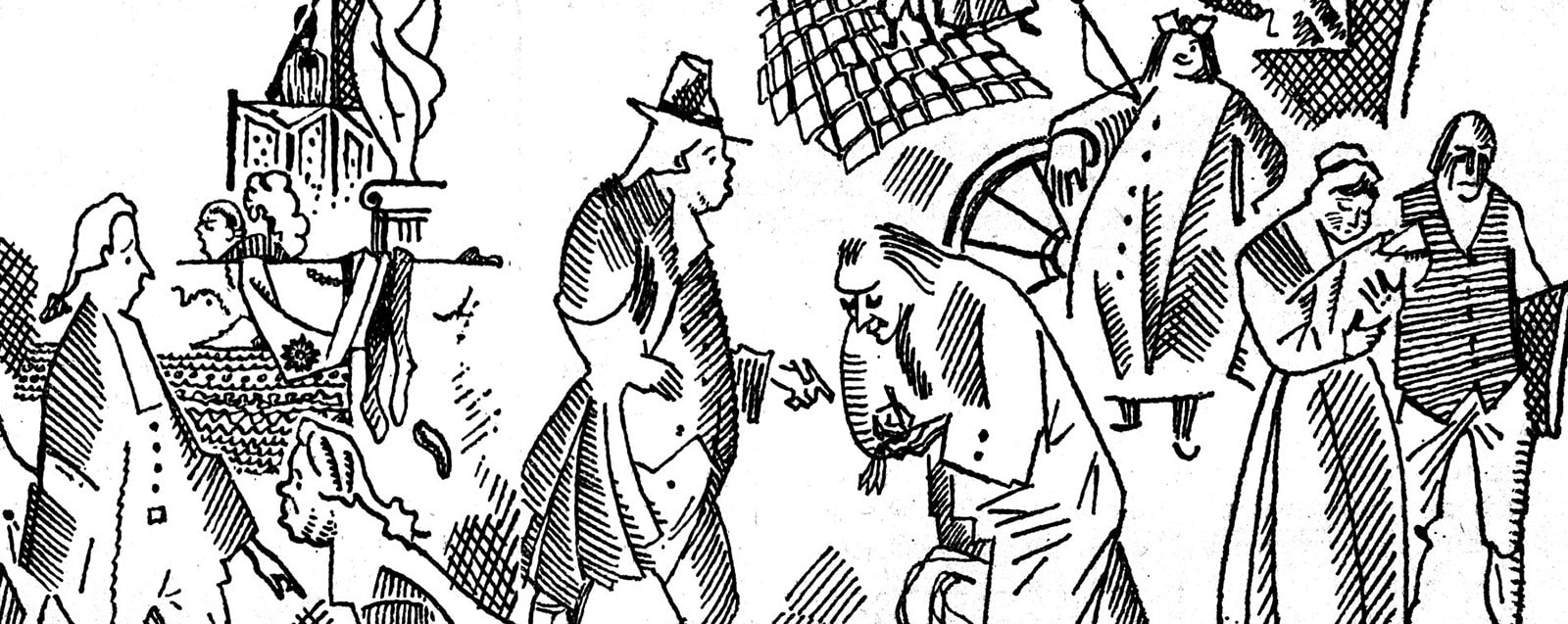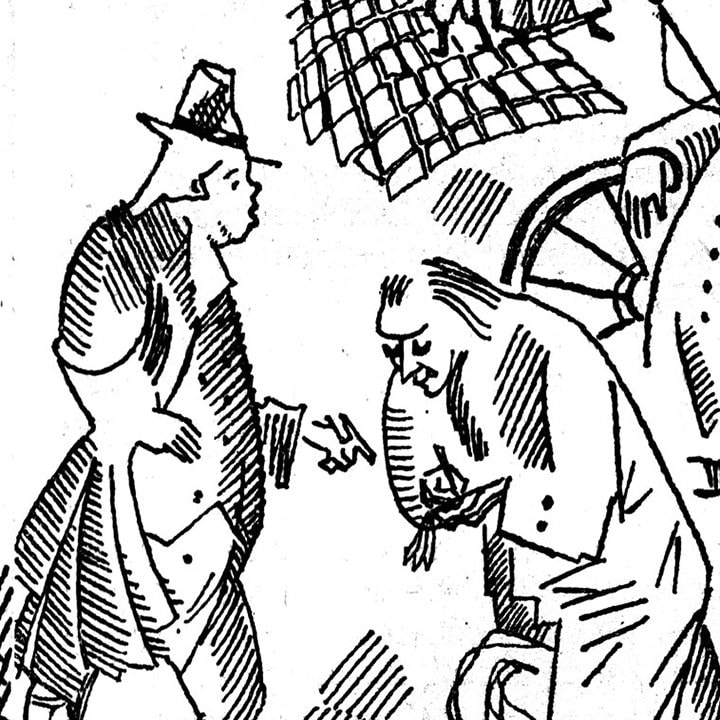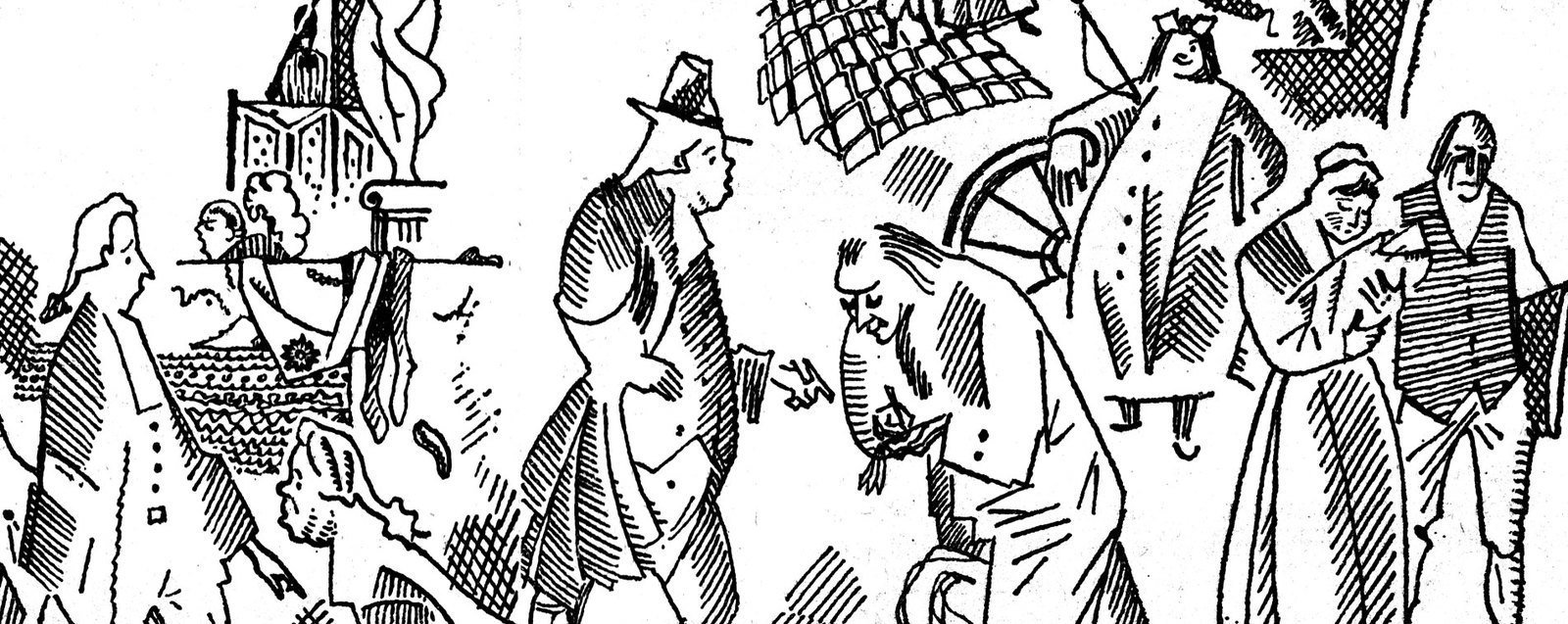The lecture will focus on semiotics in relation to Jonathan Swift’s novel Gulliver’s Travels.
One of the most striking plot lines in Swift’s novel is the story of philosophers who proclaimed the uselessness of words, whose pronunciation wears out the lungs and shortens life. And since words are merely names of things, suggestions have been made that it is a lot more practical to carry things for expressing our thoughts and desires. Although, health has not benefitted much from this idea—as the wise men had to carry heavy bags full of the most diverse objects to use during lengthy conversations. Swift’s novel features a number of other brilliant examples, revealing the implications of language and semiotics, which gained much more significance in contemporary culture, rather than in the eighteenth century when the novel was written. One such thing is the relationship between reference and representation: signs and objects can never coincide completely. Maintaining an equally radical way of thinking, twentieth century philosophers stated that our mind only perceives the semiotic carousel of simulacra that have replaced reality forever.
“I told him, that in the kingdom of Tribnia, by the natives called Langdon, where I had sojourned some time in my travels, the bulk of the people consist in a manner wholly of discoverers, witnesses, informers, accusers, prosecutors, evidences, swearers, together with their several subservient and subaltern instruments, all under the colours, the conduct, and the pay of ministers of state, and their deputies. The plots, in that kingdom, are usually the workmanship of those persons who desire to raise their own characters of profound politicians; to restore new vigour to a crazy administration; to stifle or divert general discontents; to fill their coffers with forfeitures; and raise, or sink the opinion of public credit, as either shall best answer their private advantage. It is first agreed and settled among them, what suspected persons shall be accused of a plot; then, effectual care is taken to secure all their letters and papers, and put the owners in chains. These papers are delivered to a set of artists, very dexterous in finding out the mysterious meanings of words, syllables, and letters: for instance, they can discover a close stool, to signify a privy council; a flock of geese, a senate; a lame dog, an invader; the plague, a standing army; a buzzard, a prime minister; the gout, a high priest; a gibbet, a secretary of state; a chamber pot, a committee of grandees; a sieve, a court lady; a broom, a revolution; a mouse-trap, an employment; a bottomless pit, a treasury; a sink, a court; a cap and bells, a favourite; a broken reed, a court of justice; an empty tun, a general; a running sore, the administration. ‘When this method fails, they have two others more effectual, which the learned among them call acrostics and anagrams. First, they can decipher all initial letters into political meanings. Thus N, shall signify a plot; B, a regiment of horse; L, a fleet at sea; or, secondly, by transposing the letters of the alphabet in any suspected paper, they can lay open the deepest designs of a discontented party. So, for example, if I should say, in a letter to a friend, ‘Our brother Tom has just got the piles,’ a skilful decipherer would discover, that the same letters which compose that sentence, may be analysed into the following words, ‘Resist—a plot is brought home—The tour.’ And this is the anagrammatic method.”
(Jonathan Swift, Gulliver’s Travels, 1727)


